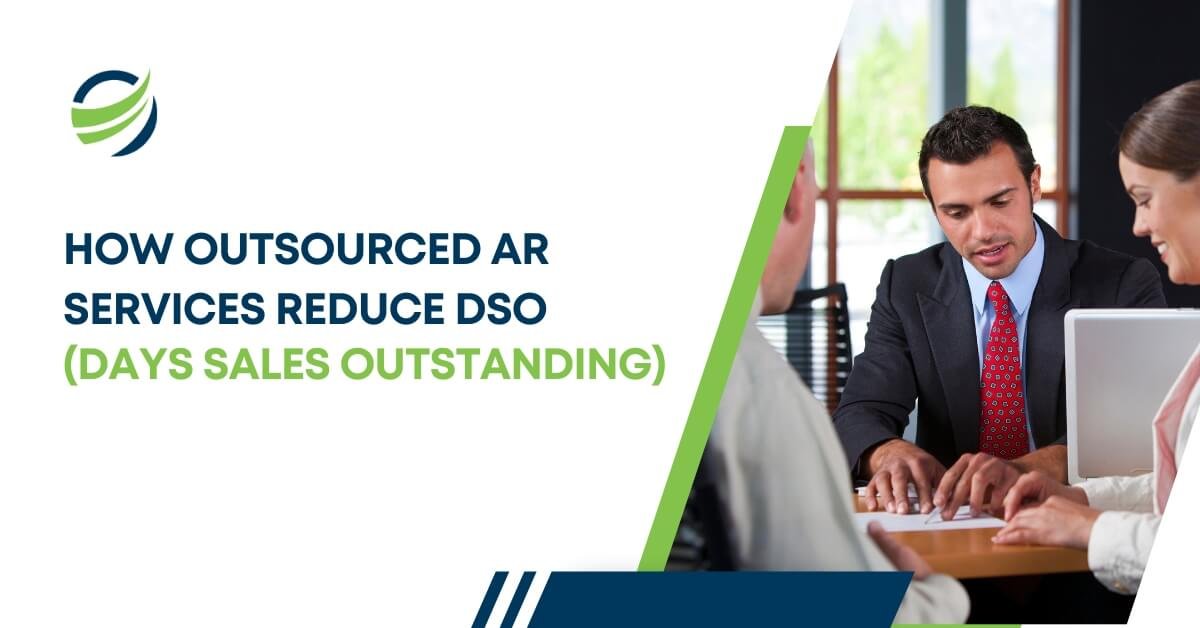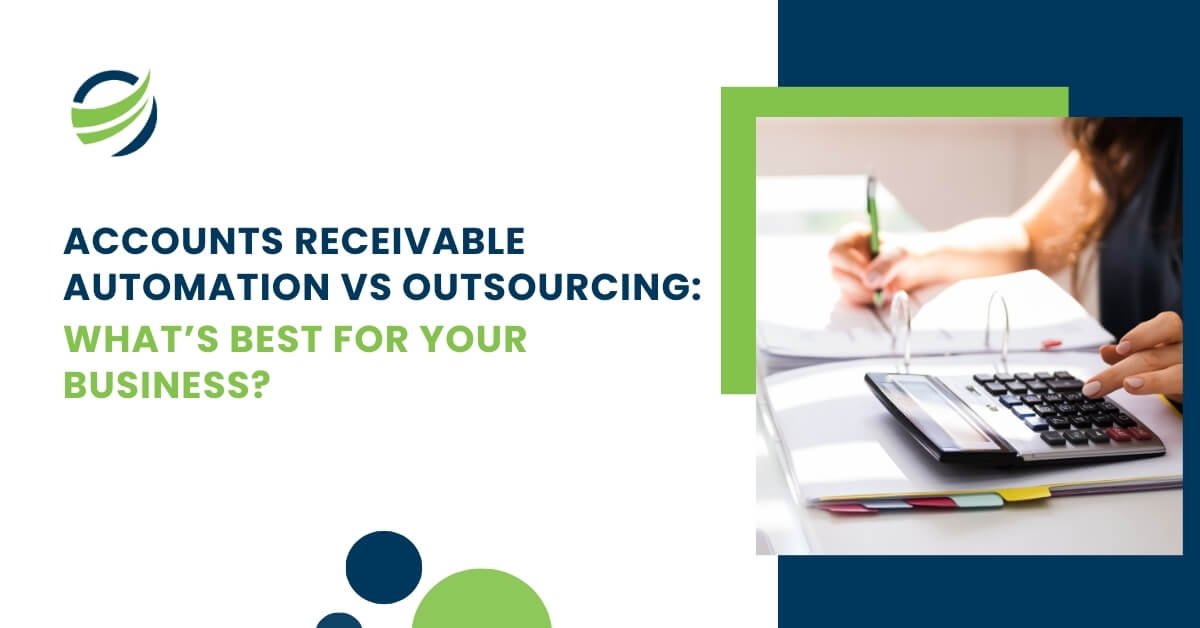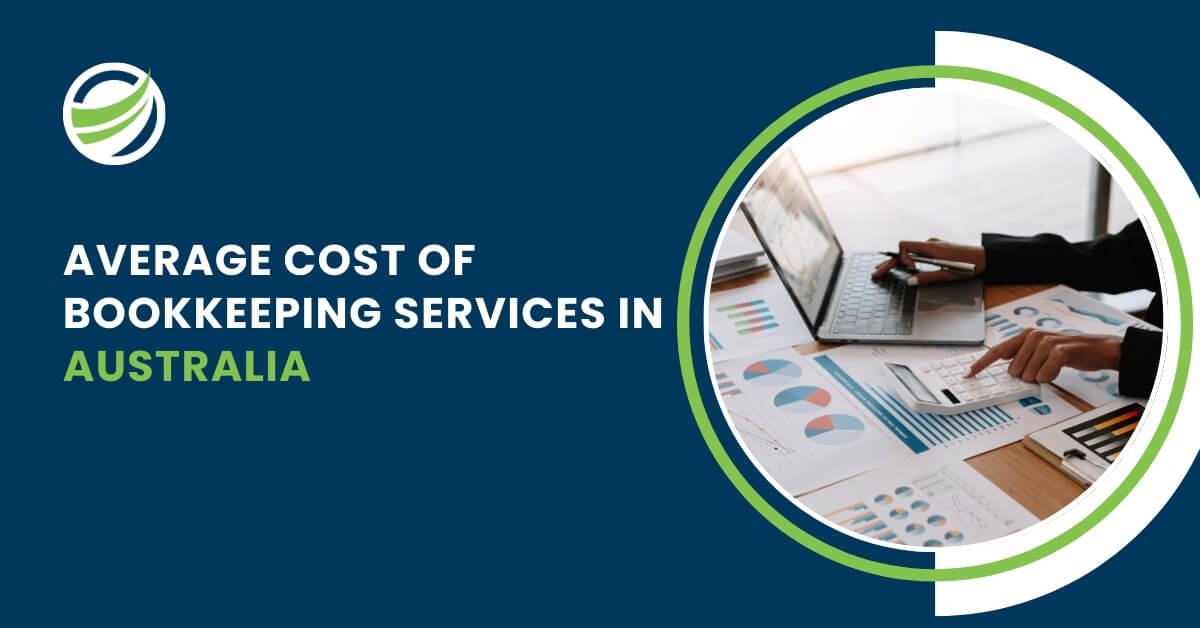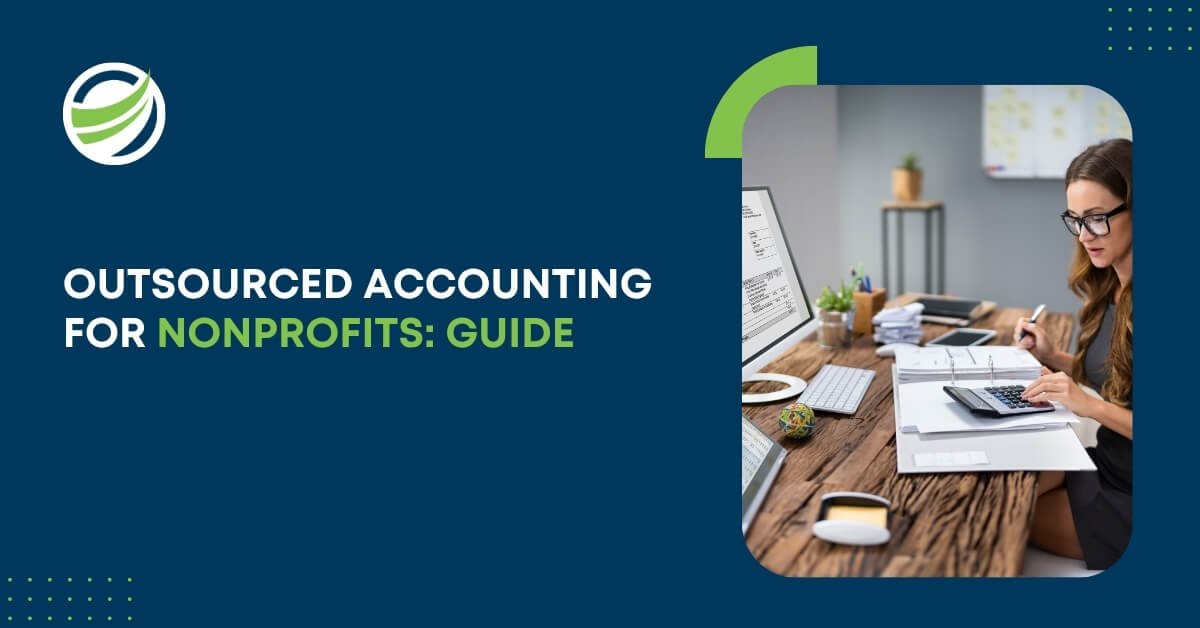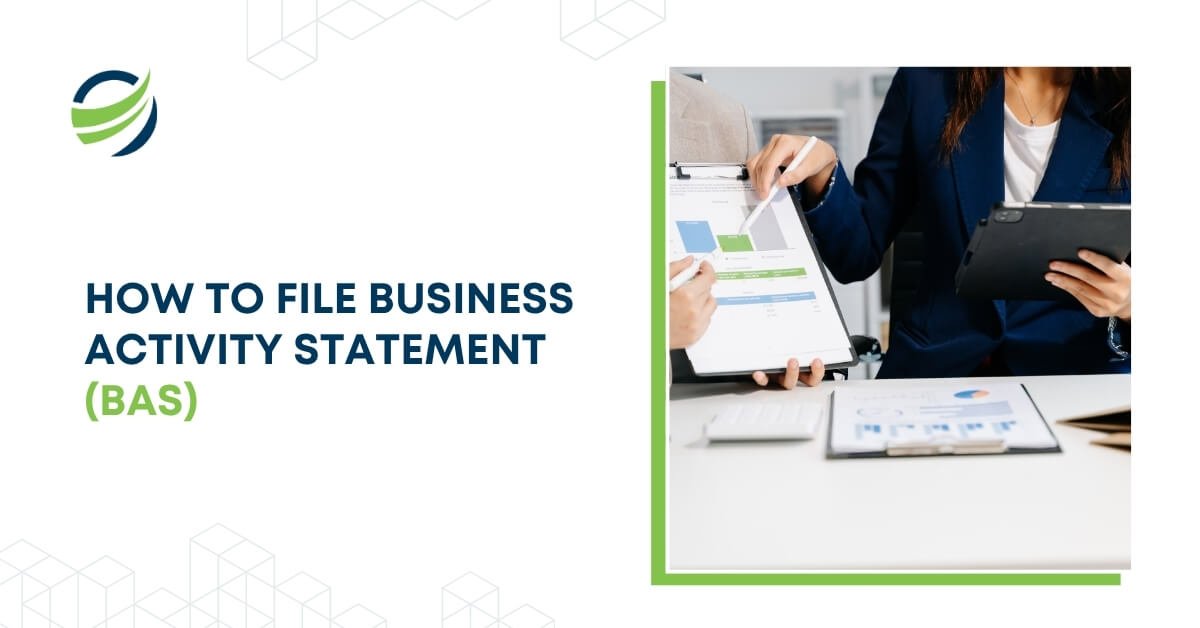
Accounting Best Practices for Australian Businesses 2025
- Aesha Shah
- April 22, 2025
- 6 minutes
- Blogs
Accounting Best Practices Every Business Should Know
Here’s a number that might surprise you: 82% of businesses fail due to poor cash flow management or lack of financial understanding, according to a U.S. Bank study. That’s not just a statistic—it’s a wake-up call for entrepreneurs and business owners who might be overlooking the backbone of any business: smart financial practices.
Whether you’re a small startup, a growing mid-sized company, or an established enterprise, having strong accounting systems in place isn’t just about staying compliant, it’s about staying in business.
In this guide, we’ll walk you through key accounting best practices that every business, big or small, should implement. Consider it a practical mix of real-world experience, essential insights, and strategic know-how.
Maintain Accurate and Timely Bookkeeping
Accurate bookkeeping is the backbone of any strong accounting system. Whether you run a small business or oversee the financial operations of a large organisation, good bookkeeping practices are essential for financial clarity. Regularly updating financial records ensures that you can monitor cash flow, avoid errors, and stay on top of tax obligations.
Bookkeeping tips include:
- Setting up clear categories for income and expenses
- Implementing a schedule for reconciling accounts regularly
- Using accounting software to automate routine tasks like invoicing, expenses, and payroll
For businesses looking to enhance this function without expanding internal resources, an outsourced support team can take on the responsibility while ensuring high standards are maintained.
Invest in Cloud-Based Accounting Solutions
The digital transformation of accounting has made it easier for companies to manage finances from anywhere in the world. Cloud accounting platforms like Xero, QuickBooks, and MYOB offer real-time financial tracking, seamless collaboration between accountants and management teams, and increased accuracy. Cloud-based systems also enhance security and reduce the risks of human error.
For large enterprises and growing businesses, cloud accounting tools integrate with other business systems, ensuring consistency across the entire organisation. These systems are scalable and adaptable, making them suitable for companies at any stage of growth. In fact, 73% of CFOs in mid-sized and large businesses are planning to invest in real-time accounting systems to improve financial visibility (Gartner, 2024).
Leverage Automation for Routine Tasks
Automation is not just for large corporations. Automation in accounting can save businesses of all sizes considerable time and money. From automatic expense tracking to tax filing, accounting software can perform time-consuming tasks with greater accuracy and speed.
For businesses managing numerous transactions or multi-location operations, automation ensures consistency and reduces manual intervention. Additionally, it frees up your accounting team to focus on higher-level strategic tasks rather than repetitive data entry. A Deloitte report indicates that businesses can reduce accounting costs by 25-50% by adopting robotic process automation (RPA).
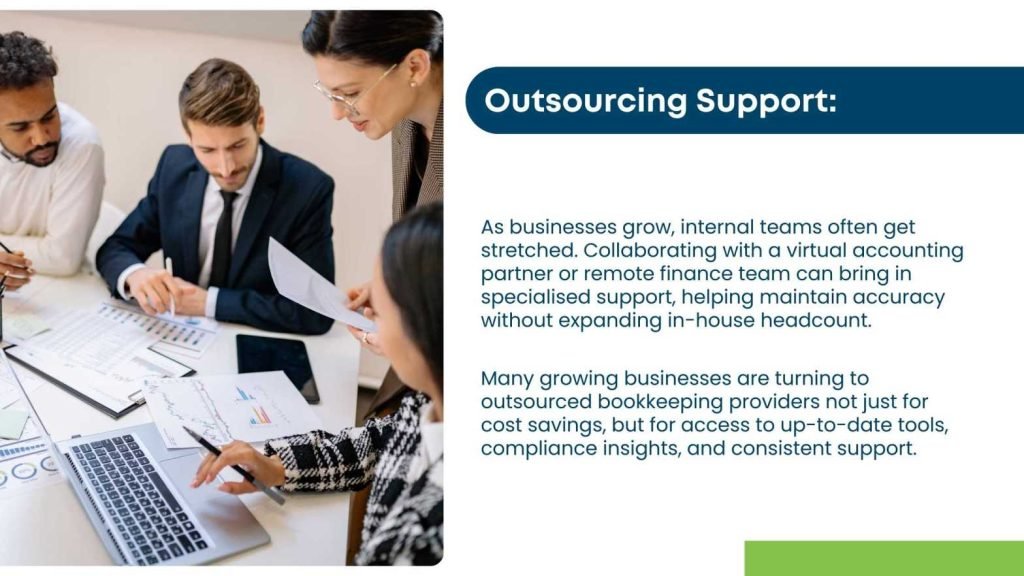
Establish a Strong Internal Control System
For businesses of any size, internal controls are crucial for preventing fraud, managing risks, and maintaining operational efficiency. A robust internal control system includes segregation of duties, regular audits, and clear policies for handling financial transactions.
Larger organisations may have entire departments dedicated to enforcing these controls, while smaller businesses may rely on third-party accountants or outsourced accounting services to maintain oversight.
Outsourcing Accounting Functions
Outsourcing is no longer just a strategy for large corporations; businesses of all sizes are discovering the benefits of leveraging external expertise for accounting tasks. Whether it’s bookkeeping, payroll management, or tax compliance, partnering with an external bookkeeping service provider allows businesses to focus on core operations without sacrificing accuracy or compliance.
By outsourcing non-core accounting functions, companies gain access to specialised skills and technology, reducing overhead costs and ensuring that industry best practices are followed. For smaller businesses, outsourcing can provide the flexibility of professional services without the cost of hiring a full-time team. Meanwhile, larger organisations can benefit from greater scalability and expertise, especially in areas like accounting practice management.
Prioritise Cash Flow Management
Strong cash flow is essential for day-to-day operations. Even profitable businesses can struggle if cash isn’t managed well. Regularly reviewing and forecasting your cash position helps you stay prepared for upcoming expenses and avoid liquidity issues. Many businesses also benefit from engaging a remote accounting support team to ensure accuracy and consistency in monitoring their cash flow.
Stay Compliant with Tax Regulations
Tax laws are constantly changing, and staying compliant can be challenging for businesses of any size. In Australia, businesses must stay on top of corporate tax rates, GST obligations, and other local regulations. For larger organisations, this may involve coordinating across multiple departments, while smaller businesses may rely more heavily on accounting advice for small businesses from external advisors.
Working with a tax professional or using accounting software designed for compliance will help ensure that you’re meeting all legal requirements. This is particularly important when handling tax deductions and accounting for taxes.
Regular Financial Reporting and Analysis
Financial reporting should be a cornerstone of your accounting system. Regularly reviewing balance sheets, profit and loss statements, and cash flow reports helps businesses stay on track and make informed decisions. For larger enterprises, these reports provide valuable insights that guide high-level strategy. For small businesses, they offer a clear picture of business performance and areas for improvement.
Using accounting best practices for financial reporting ensures that you’re always prepared for audits and that stakeholders have accurate information when making decisions.
Continuous Education and Training
The business world is evolving rapidly, and so are accounting practices. Keeping your team updated on the latest trends, software, and tax regulations is key to maintaining accuracy and compliance. Investing in continuous education will empower your accounting team to stay ahead of the curve and ensure that they are implementing good bookkeeping practices at all times.
Foster Transparency and Communication
Clear communication between your finance team and other departments is vital. Whether you’re a small business or a large corporation, ensure that accounting and finance teams are integrated into strategic discussions. Transparent financial communication helps build trust within the organisation and ensures that all stakeholders are aligned with the company’s financial goals.

Don’t Skip Internal Financial Reviews
Just as you’d do a quarterly review of your operations or marketing strategies, your finances deserve the same attention. These internal reviews are your opportunity to look beyond the day-to-day and evaluate your progress from a strategic standpoint.
Set aside time each quarter to look at trends, identify inefficiencies, and tweak your goals based on actual performance.
Stay Updated with Industry and Compliance Changes
Tax laws change. Reporting requirements shift. New tools hit the market. Staying up to date is part of being a responsible business owner.
Subscribe to industry updates, follow reputable financial news, and stay in touch with your accountant. This proactive approach keeps you one step ahead—and helps ensure your practices evolve with the times.
Final Thoughts
Implementing accounting best practices is not just a strategy for small businesses; it’s crucial for businesses of all sizes. From startups to large enterprises, maintaining accurate records, using modern technology, and staying compliant with regulations is essential for growth and sustainability, and in many cases, partnering with a remote accounting support team makes those principles easier to implement.
Whether you’re applying basic bookkeeping tips, looking for accounting advice for small business, or tightening up your accounting practice management, the ultimate goal remains the same: clarity, compliance, and confidence in your numbers.
Because when your finances are in order, your business can truly grow with purpose.




